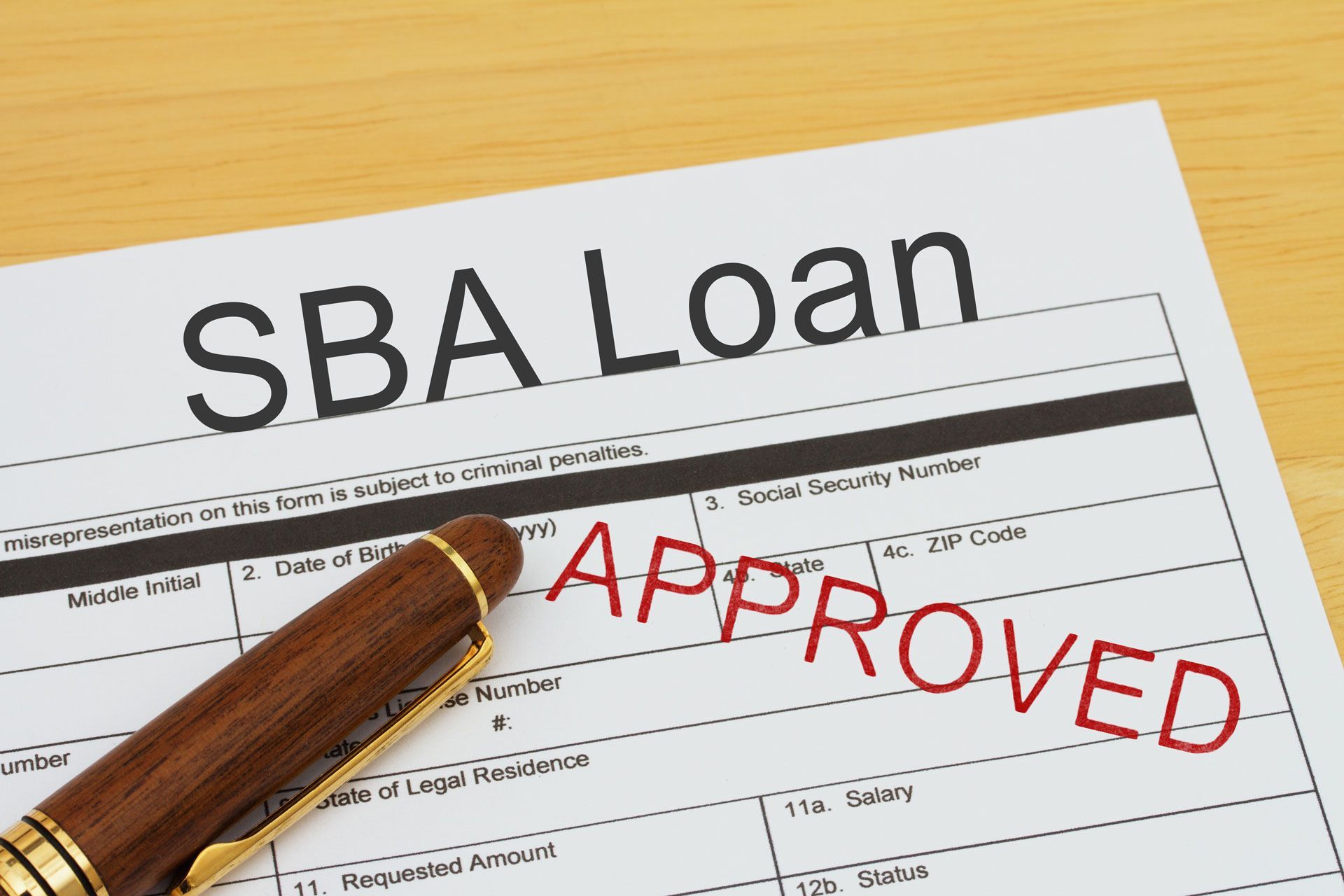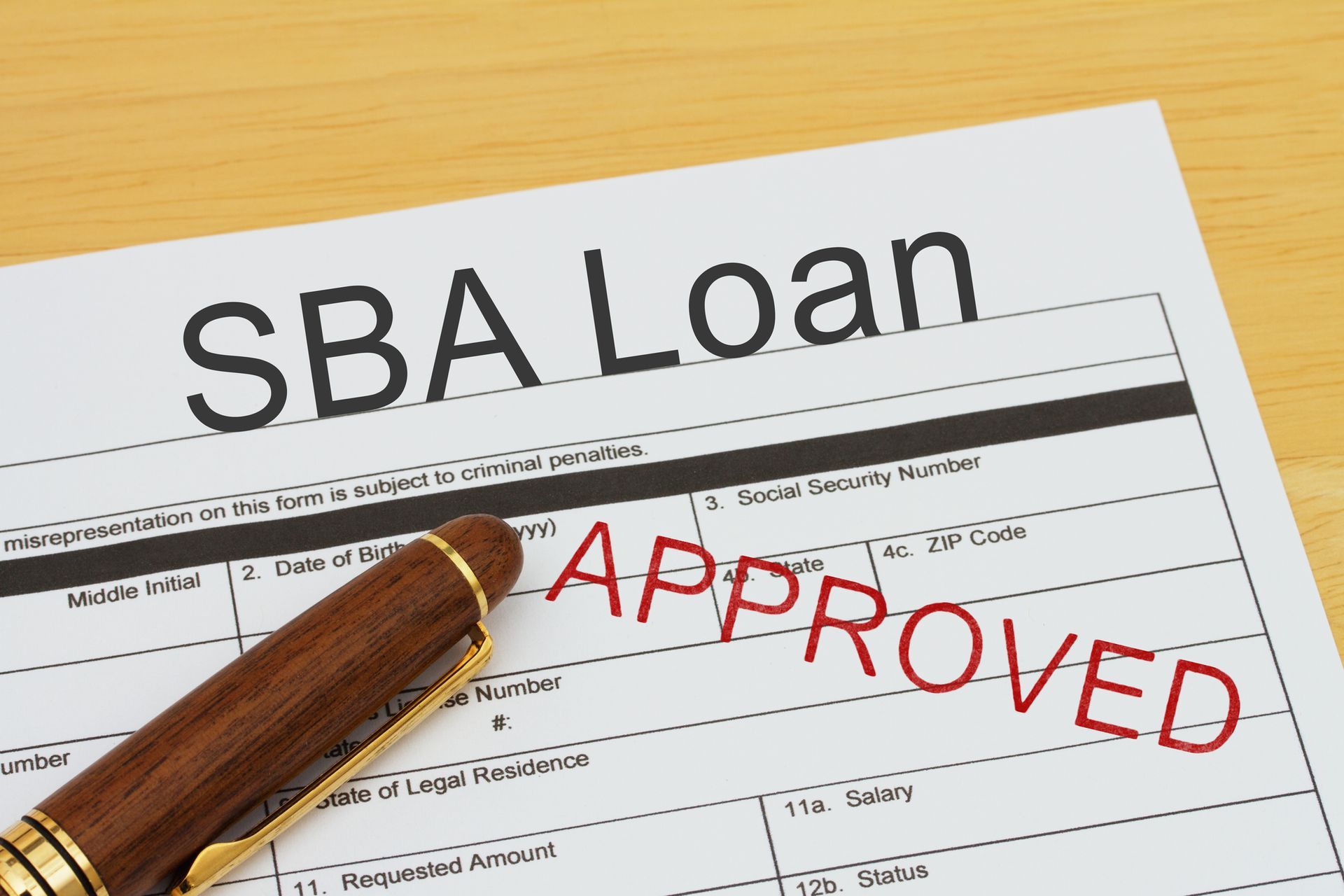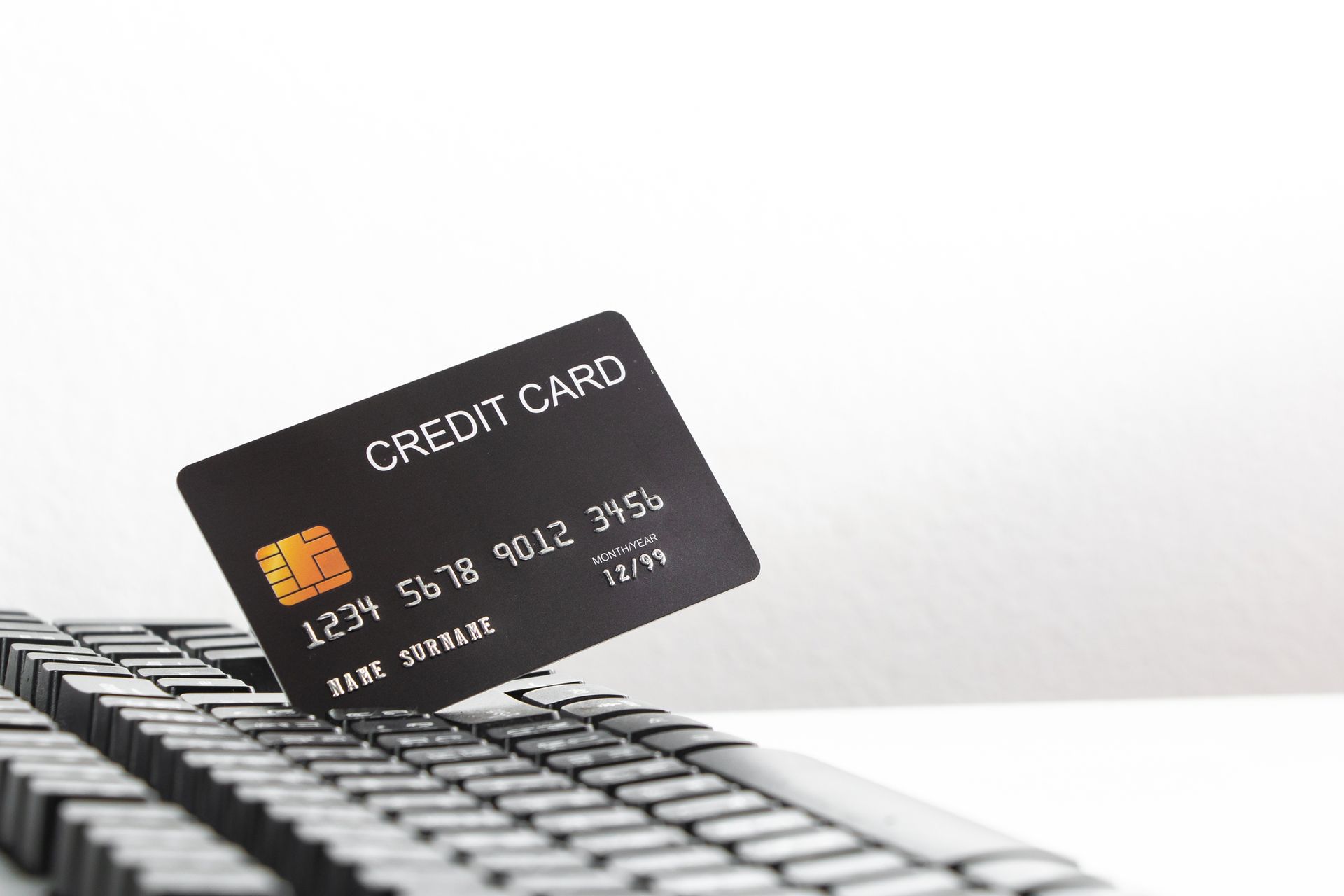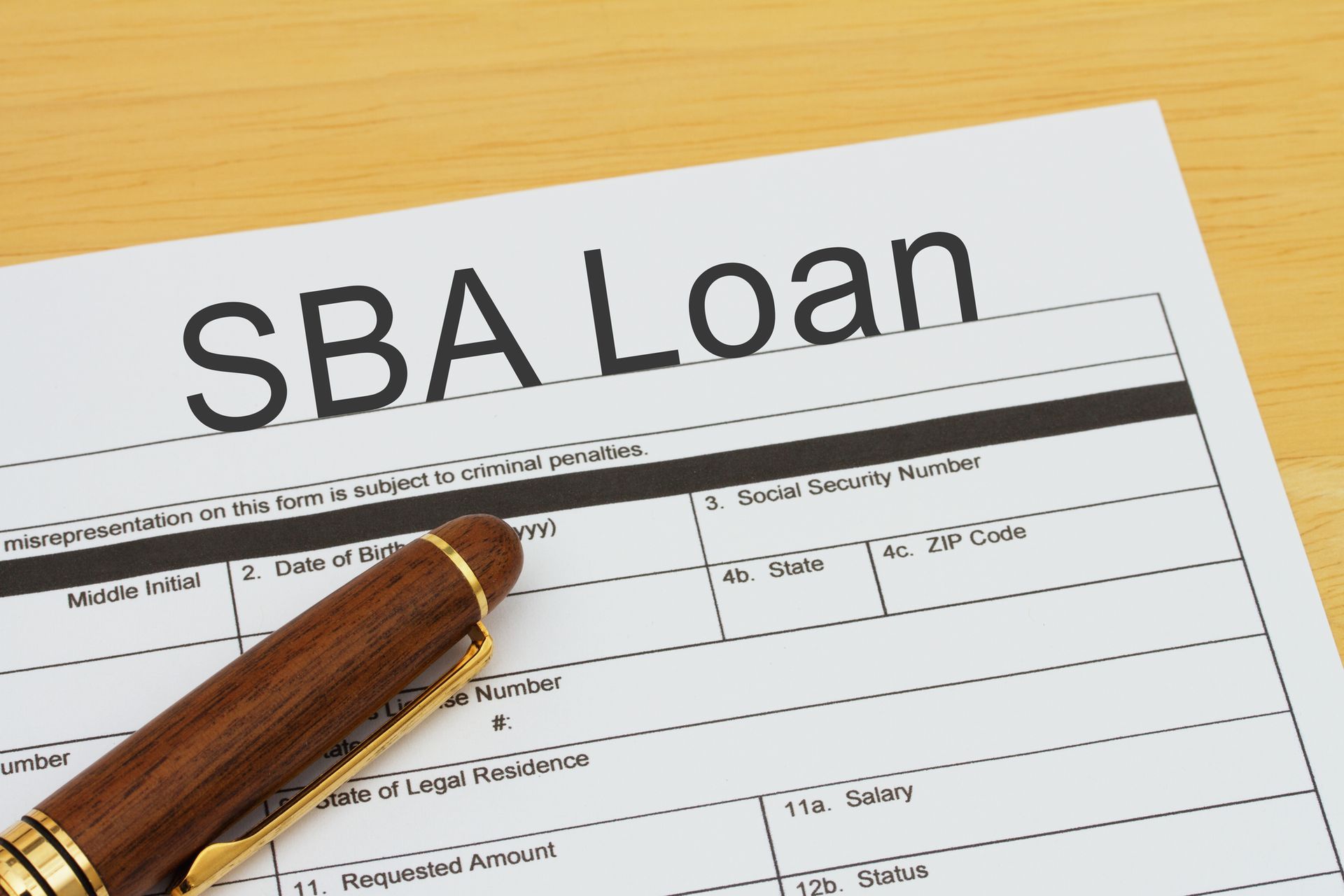Can You Use Land As Collateral For A Construction Loan?
Have you been looking for construction loans and wondering, “Can you use land as collateral for a construction loan?” Don’t worry, it's a common question among many commercial builders as well as those seeking to build their dream home. Here, we'll go through the possibilities and considerations of using land equity to secure financing for your construction project.
Understanding the Process of Using Land as Collateral for a Construction Loan
If you own land and plan to construct a property on it, you might have considered putting up your land as collateral to secure a residential or commercial construction loan. The answer is yes, you can certainly do it. This approach involves using the equity in your property to obtain funding for building your new property.
Before you start on this funding pathway, it's important to understand how the process works. First, you'll need to assess your credit score and have your land appraised to determine its value. This information will give you a basic idea of the loan amount you may qualify for and the interest rate you can expect.
Your lender will likely conduct their own assessment of the land's value and quote a "loan-to-value" ratio. This determines the maximum amount they're willing to lend you based on your land's equity. Your income, credit history, and existing debts will all influence the lender's decision. In addition, the condition of the land and any improvements made to it can affect its appraised value and your ability to secure financing.
Keep in mind that securing a loan using land as collateral can be more challenging than other types of financing. This is because land is considered less liquid than other assets.
Types of Loans Available
If you're approved for a loan, you'll typically have two options: a lump-sum loan or a line of credit. A lump-sum loan provides you with a one-time payment that you can use for your construction project. On the other hand, a line of credit lets you borrow funds as you need that are capped at a predetermined limit.
Advantages of Using Land as Collateral
Having the land as collateral for your construction loan offers several benefits. It lets you access funding without risking other assets, such as other properties or savings. Additionally, land equity loans often come with lower interest rates compared to other forms of financing. This makes them a cost-effective option for funding your project.
Potential Risks to Consider
While using land as collateral can be advantageous, it's essential to be aware of the potential risks involved. If you're unable to repay the loan, you could lose the land. This may have significant financial implications in the long term. Furthermore, if construction delays or cost overruns occur, you will have to ensure you can afford to make the loan payments while managing other expenses.
Consulting with Experts
Utilizing your land as collateral for a construction loan can be a viable option for financing your property-building project.
But before proceeding with a construction loan using land as collateral, it's always advisable to consult with a financial advisor or lender who specializes in this type of financing, such as WHITTMORE BRILEY. Our finance experts at WHITTMORE BRILEY can provide valuable insights into the process and help you handle any challenges you may encounter.








